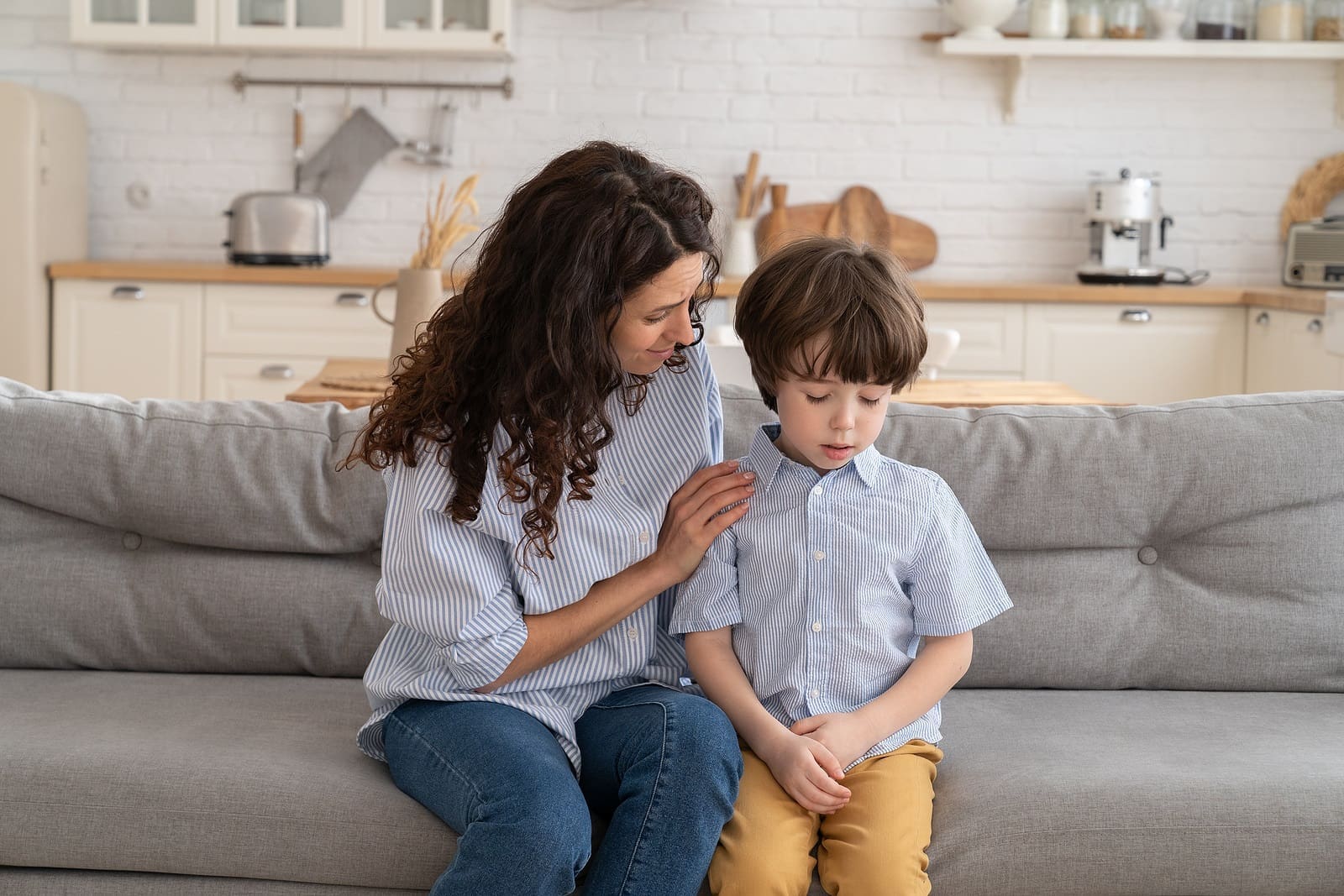The newly authorized drug, leucovorin, is becoming popular in the autism community, where some families have named it the “small bottle of hope”. While initial accounts and personal testimonials have sparked enthusiasm, medical experts point out that current scientific data remain quite limited, and more studies are needed to accurately identify the beneficiaries. Leucovorin is
Sometimes, when someone is overwhelmed or can’t find the words to explain what they’re feeling, they might end up hurting themselves. This happens in the autistic community too, especially when emotions build up and there’s no clear way to let them out. It’s not because an ASD person is “bad” or “angry”—it’s often a way of trying to communicate, especially when they’re in pain or feeling overwhelmed.
Joseph Boyle, a young man studying psychology at UC Davis, has made it his mission to understand this behavior better. He wants to find out what happens in the brain when someone with autism hurts themselves—so that one day, we might find better ways to help.
A Personal Beginning
Joseph didn’t start this research in a lab. His journey began when he was just a student helping care for a young autistic boy who didn’t speak. Joseph noticed that when the boy wasn’t feeling well or couldn’t explain what was bothering him, he would sometimes hurt himself.
“That’s when I realized how big and painful this issue is—not just for the child, but for the whole family,” Joseph said. That experience stayed in his heart and became the reason he’s now working so hard on this research.
What the Brain Might Reveal
Now Joseph is working with one of the biggest autism research projects in the world, called the Autism Phenome Project, at the MIND Institute in California. He’s looking at brain scans of children—both autistic and non-autistic—between the ages of 2 and 18. Some of these children show self-harming behaviors like head hitting, skin picking, or eye poking.
Joseph is trying to find out if certain parts of the brain, or how those parts “talk to each other,” might be linked to these behaviors. He’s especially interested in children with profound autism, which includes those who don’t speak much and need full-time support.
If researchers can spot certain patterns in the brain, then maybe one day we’ll have tools or therapies that help reduce the pain and frustration behind self-harm. The goal is not to “fix” anyone—but to support children in a way that helps them live safer, happier lives.
Why This Research Matters
Self-injury doesn’t just hurt physically. It can limit a child’s chances to connect with others, go to school safely, learn language, or enjoy being part of the community.
Joseph and his team believe every child deserves those chances, no matter how they speak or express themselves.
His professor, Dr. Christine Wu Nordahl, said this kind of research is rare but deeply needed. “We want our studies to include all children, including those with profound autism. Everyone’s voice matters—even if that voice is expressed through behavior, not words.”
Thank You
At Sacramento ABA, we want to give a heartfelt thank you to Joseph Boyle and the entire MIND Institute team. Your work speaks to what many families in our state face daily—especially those raising children with complex needs.
By asking deeper questions and pushing for more inclusive science, you’re opening doors for families who often feel left out of the conversation. And you’re doing it with heart, care, and respect. We’re proud to share your story and stand with you in your mission.
You’re Not Alone
If you or a loved one is on the spectrum and perhaps often faces challenges with self-injurious behavior or emotional overwhelm, you’re not alone.
At SAT, we offer real support—whether that’s guidance for parents, tools for caregivers, or just someone who understands what you’re going through. Reach out anytime — We’re here to help, not judge. Visit us online to find resources, events, and community.

